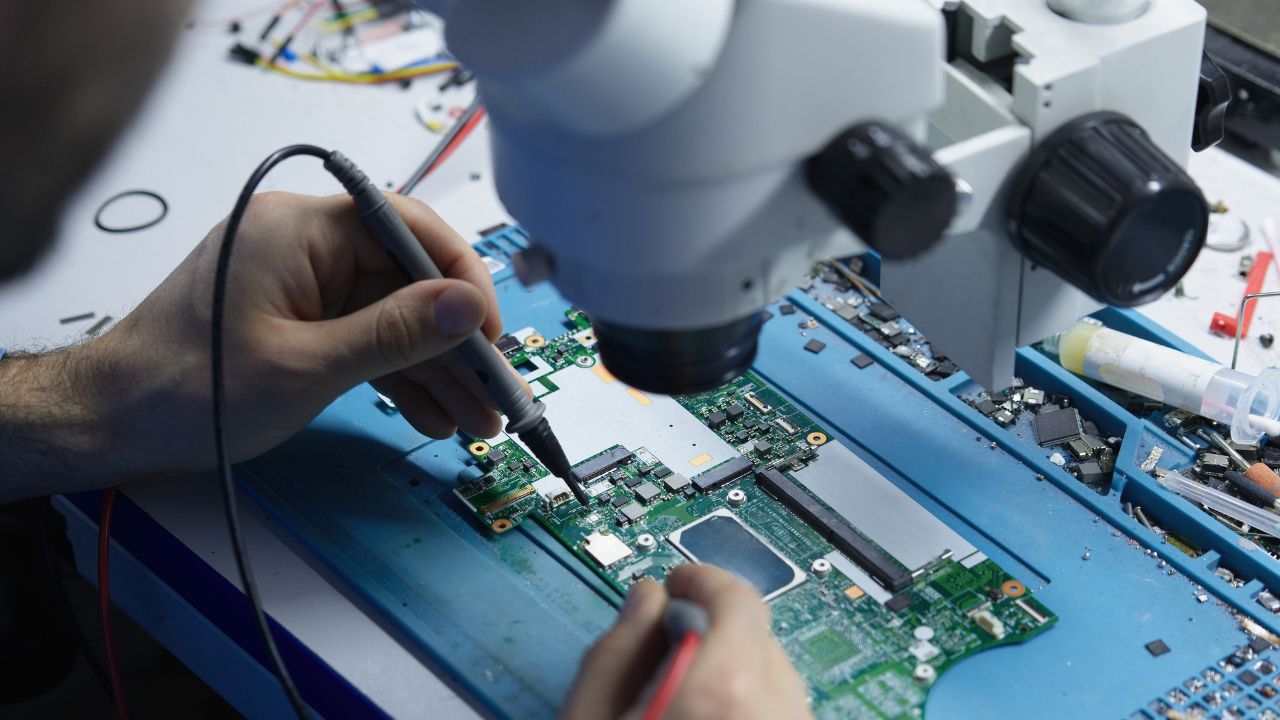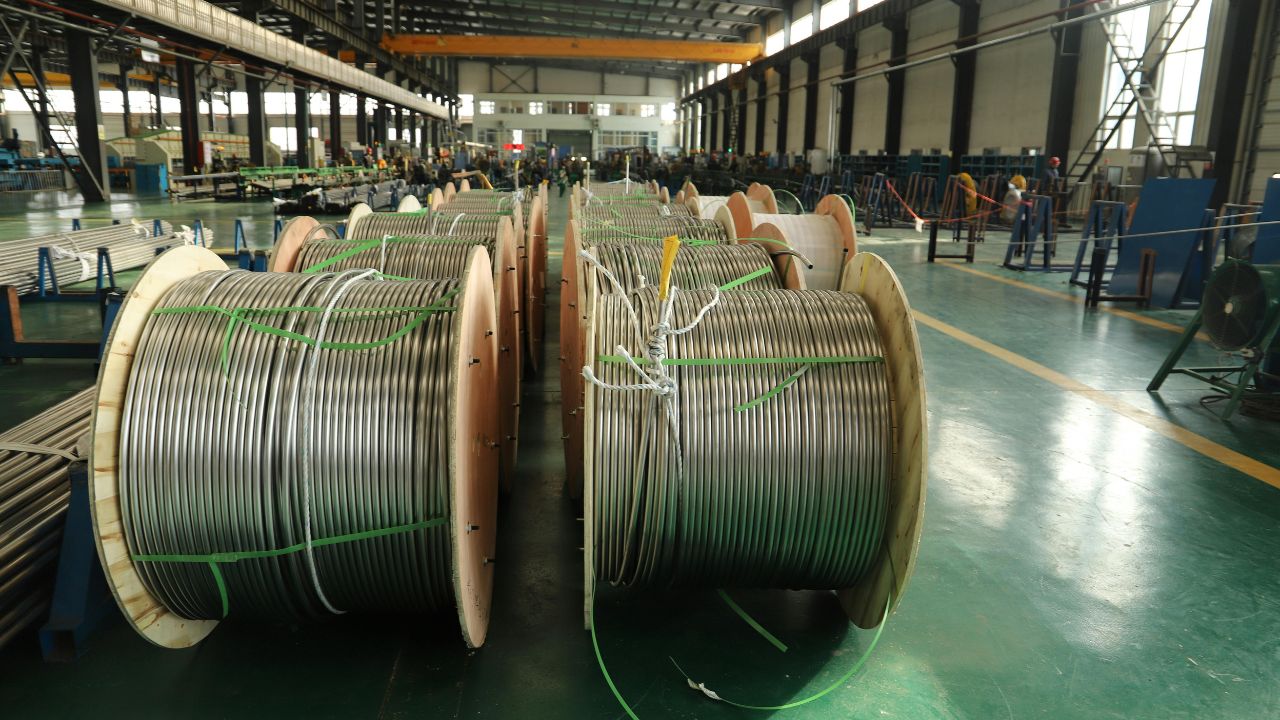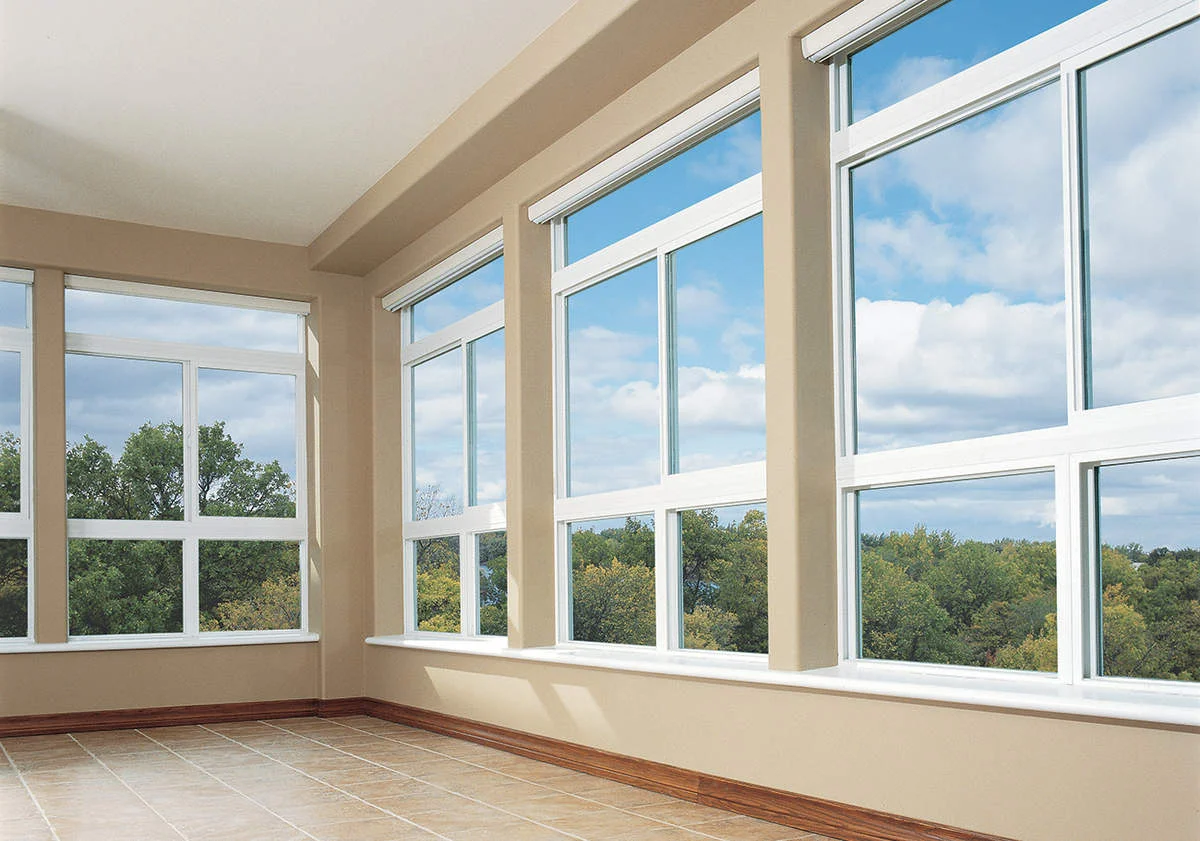Unplasticized Polyvinyl Chloride, or UPVC, windows have become increasingly popular because of their longevity, ability to retain heat, and minimal upkeep needs. However, to ensure these windows last for many years and continue to look and perform at their best, regular maintenance is essential. This article provides comprehensive tips and tricks to help you maintain your UPVC windows and extend their lifespan.
A Mastery Of UPVC Windows
Before delving into maintenance tips, it’s important to understand what makes UPVC windows unique. UPVC is a type of plastic known for its rigidity and resistance to weathering. Unlike traditional wooden windows, UPVC windows do not rot, warp, or require painting. Furthermore, they provide superior thermal insulation, which aids in maintaining a comfortable indoor temperature year-round. Despite these benefits, UPVC windows still require regular care to maintain their appearance and functionality. Maintaining PVCu Windows Stratford Upon Avon is relatively straightforward, but it requires regular attention to ensure they remain in optimal condition.
Regular Cleaning
One of the simplest yet most effective ways to maintain UPVC windows is through regular cleaning. The accumulation of dirt, grit, and grime on the glass and frames can cause discolouration and diminished performance.
- Cleaning The Frames: The UPVC frames can be cleaned with a gentle sponge or towel dampened with warm, soapy water. You should stay away from scouring pads and other abrasive cleansers because they could damage the surface. For stubborn stains, a mixture of water and white vinegar can be effective. Use clean water to rinse it well, and then pat it dry with a gentle towel.
- Cleaning The Glass: Clean the glass panes with a non-abrasive glass cleaner. For streak-free glass cleaning, spray the surface with the cleaner and then use a microfiber towel to wipe it off. Regularly clean the glass to ensure maximum visibility and light transmission.
Lubricating Moving Parts
UPVC windows have various moving parts such as hinges, locks, and handles that need to be kept in good working order. Over time, these parts can become stiff or noisy if not properly maintained.
- Hinges And Locks: Apply a small amount of silicone-based lubricant to the hinges and locks every six months. Wear and tear can be avoided, and the operation can run smoothly. Keep dust and dirt at bay by not using lubricants that are oil-based.
- Handles: Check the window handles for any signs of stiffness or difficulty in operation. If necessary, apply a silicone-based lubricant to the moving parts of the handle mechanism.
Inspecting Seals And Gaskets
For UPVC windows to be weatherproof and energy efficient, seals and gaskets are vital. Make sure these parts are in good shape by checking on them often.
- Seals: Look for worn or damaged rubber seals around the window frame. If you notice any gaps, cracks, or deterioration, consider replacing the seals to maintain the window’s insulation properties.
- Gaskets: Gaskets help to create a tight seal between the window sash and frame. Inspect them for any signs of compression or damage. If the gaskets are not sealing properly, they may need to be replaced.
Checking Drainage Holes
Drainage holes are an integral part of UPVC window design, enabling water to flow out and away from the frame. These holes can become blocked with dirt and debris, leading to water ingress and potential damage.
- Inspect And Clean: Regularly inspect the drainage holes to ensure they are clear. Use a small brush or a piece of wire to remove any blockages. Keeping these holes clean will help to maintain the window’s water resistance.
Addressing Condensation Issues
In humid or poorly ventilated regions, condensation is a common problem with UPVC windows. While UPVC windows are designed to be airtight, condensation can still form on the inside of the glass.
- Ventilation: Reduce indoor humidity by making sure your home has enough ventilation. If you live in a damp environment, you may want to think about installing a dehumidifier and installing extractor fans in damp rooms like bathrooms and kitchens.
- Thermal Curtains: Use thermal curtains or blinds to help regulate the temperature around your windows and reduce the likelihood of condensation forming.
Avoiding Harsh Chemicals
Even though UPVC windows can withstand a lot of chemicals, you should still be careful not to use any solvents or cleansers that are too harsh on them. Stick to mild, non-abrasive cleaners to maintain the integrity of the UPVC frames.
- Mild Soapy Water: To clean UPVC windows, all you need is a solution of warm water and a touch of gentle dish soap. This gentle solution helps to remove dirt without causing damage.
Professional Maintenance
While most UPVC window maintenance tasks can be performed by homeowners, there may be times when professional help is needed. Regular inspections by window companies Stratford Upon Avon can help ensure that your UPVC windows are in top condition, as these professionals can identify and address issues that may not be immediately apparent to homeowners. If you notice any significant damage, difficulty in operation, or issues that you’re not comfortable addressing yourself, it’s wise to contact a professional window maintenance service.
- Regular Inspections: Consider scheduling professional inspections every few years to ensure that your UPVC windows are in top condition. Homeowners may not always be able to see problems, but professionals can.
Conclusion
Although UPVC window maintenance is simple, it is essential to keep them in top shape by paying close attention to them on a regular basis. By following these tips and tricks, you can prolong the lifespan of your UPVC windows, maintain their appearance, and continue to enjoy their many benefits for years to come. Regular cleaning, lubrication, inspection, and professional maintenance are key to keeping your UPVC Windows Stratford Upon Avon in excellent shape, ensuring they provide energy efficiency, security, and aesthetic appeal to your home.










